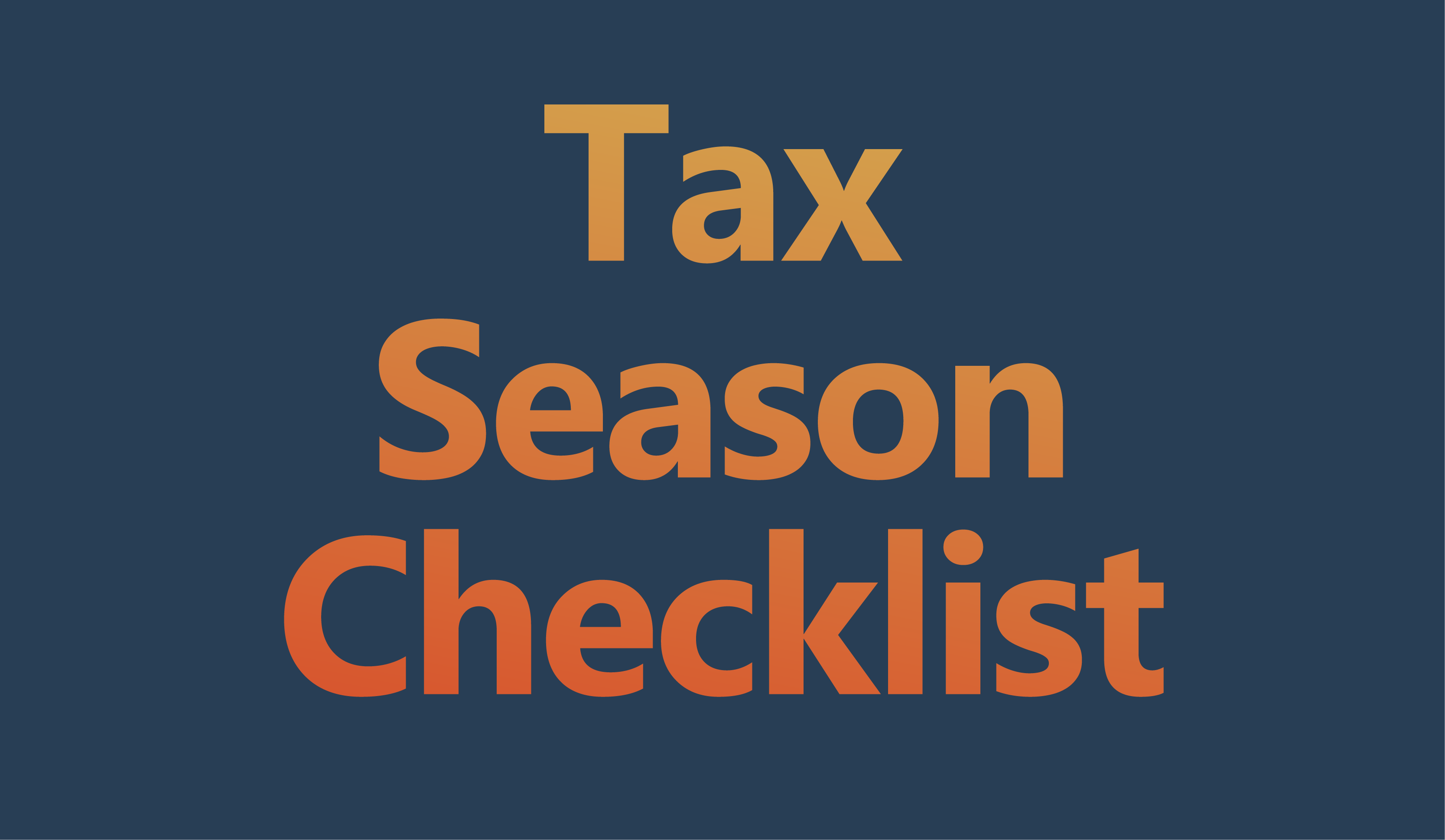With the passage of the Tax Cuts and Jobs Act in December 2017 (effective January 1, 2018), the 2018 tax season is going to look a little different for many filers. In order to ensure you are not caught behind the eight ball, there are a few things you need to think about and do before you sit down to file your taxes.
- Gather Your Necessary Documents
In preparation of your return, it is wise to have supporting documentation for all items listed on your income tax return. These include your W-2s, 1099s, and receipts for any deductions. If you are a business owner looking to take advantage of the new Section 199A Deduction, it will be crucial that you have the appropriate documentation from your bookkeeper to accurately calculate your deduction. Section 199A is a fairly complex calculation, so work with a professional if you have questions.
- Rebalance Your Investment Portfolio
In coordination with your financial advisor, you should sit down and analyze your current investments to determine whether any rebalancing needs to be done based on the year’s past performance. Your financial advisor will be able to assist you in making sure that your financial objectives are being met and provide you with the best strategy for meeting your goals while minimizing taxes.
- Spend Money on Your Business
For business owners, if you are in need of additional business expense deductions, you may want to consider making some equipment investments or prepaying some expenses so that they will be deductible in 2018 instead of waiting until 2019. However, you should consult with a professional to ensure that all of the IRS requirements are met and that you’re properly reporting the transactions on your tax return. The last thing you want is for your tax planning to turn into an audit where you’re unprepared.
- Track and Review Your Charitable Contributions
With the standard deduction increasing as part of the Tax Cuts and Jobs Acts, fewer people are likely to itemize on their income taxes this year. However, if you find that your anticipated deductions, including your charitable gifts, is more than the standard deduction, it may still make sense for you to itemize. You will want to make sure that you are tracking your charitable contributions and have the appropriate documentation to substantiate whatever number you are placing on your return.





0 Comments